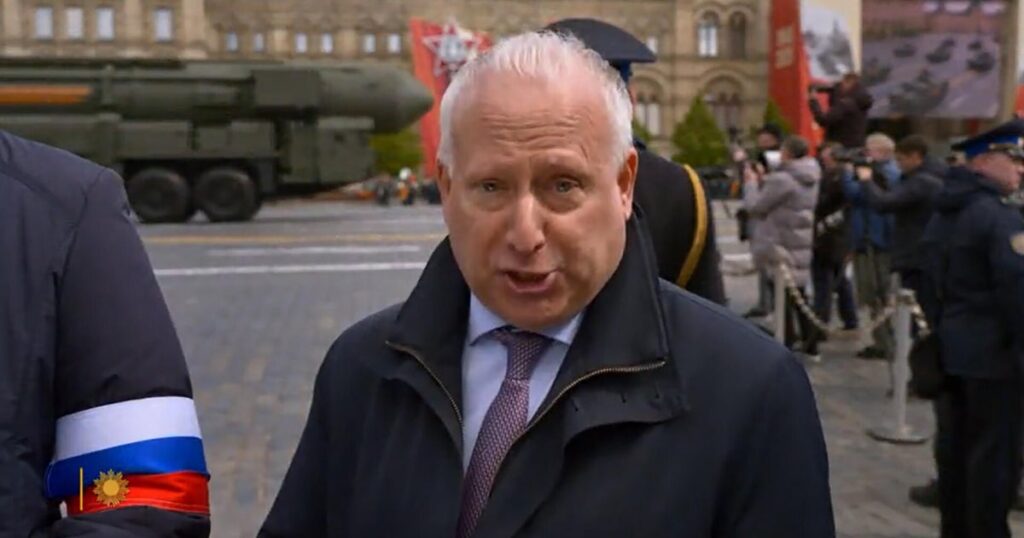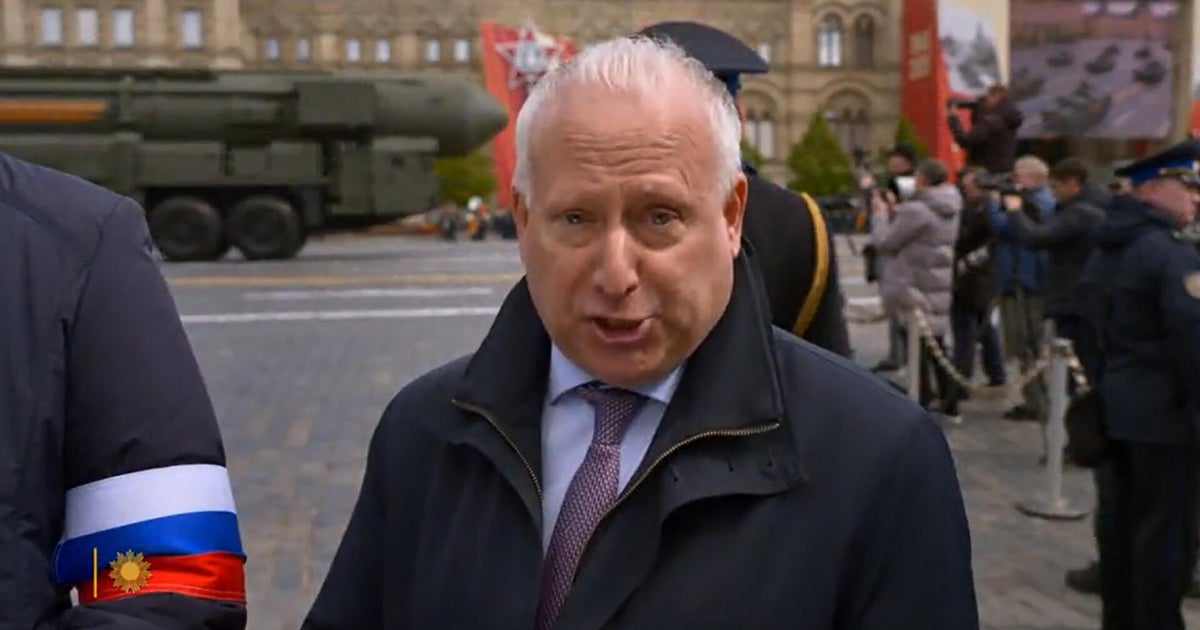Steve Rosenberg, the BBC's "Man in Moscow"
Steve Rosenberg, the BBC's "Man in Moscow"

Journalist Steve Rosenberg is now the last of the BBC’s correspondents left in Russia, doing his best to report on Vladimir Putin’s war in Ukraine amid a sea of Kremlin propaganda. He talks with CBS News correspondent Elizabeth Palmer about the stress of reporting inside Russia; how he sees the future of a country he fell in love with many years ago; and the time he played piano with former Soviet leader Mikhail Gorbachev.
Read the full article on CBS World
Truth Analysis
Analysis Summary:
The article is mostly accurate, focusing on Steve Rosenberg's role as a BBC correspondent in Russia and the challenges he faces. The claim about him being the "last" BBC correspondent is difficult to verify definitively with the provided sources, but the rest of the claims are generally plausible and align with the context. There's a moderate bias due to the framing of the situation as "Kremlin propaganda" versus objective reporting.
Detailed Analysis:
- Claim:** Journalist Steve Rosenberg is now the last of the BBC's correspondents left in Russia.
- Verification Source #1: Fails to cover this claim.
- Analysis: This claim is difficult to verify definitively without more specific sources detailing BBC staffing in Russia. It's plausible given the current geopolitical climate and restrictions on foreign media, but it remains unverified by the provided source. Internal knowledge suggests that many foreign journalists have left Russia, making this claim potentially accurate, but without direct confirmation, it cannot be fully verified.
- Claim:** Reporting on Vladimir Putin's war in Ukraine amid a sea of Kremlin propaganda.
- Verification Source #1: Fails to cover this claim.
- Analysis: This claim is not directly verifiable by the provided source. The phrase "Kremlin propaganda" introduces a bias, framing the Russian government's narrative negatively. While many sources outside of those provided would likely support the existence of pro-Russian government narratives, the provided source does not confirm or deny this.
- Claim:** He talks with CBS News correspondent Elizabeth Palmer about the stress of reporting inside Russia; how he sees the future of a country he fell in love with many years ago; and the time he played piano with former Soviet leader Mikhail Gorbachev.
- Verification Source #1: Fails to cover this claim.
- Analysis: This claim is a summary of the interview content. Without the full transcript or video, it's impossible to verify the specifics. However, it's plausible given Rosenberg's long tenure in Russia and the nature of journalistic interviews.
Supporting Evidence/Contradictions:
- The provided source is a title list from a library, which is not relevant to verifying the claims in the article. Therefore, there is no supporting evidence or contradictions from the provided source.
- The claim about Rosenberg being the "last" BBC correspondent is plausible but unverified.
- The framing of Russian media as "Kremlin propaganda" introduces a bias.

